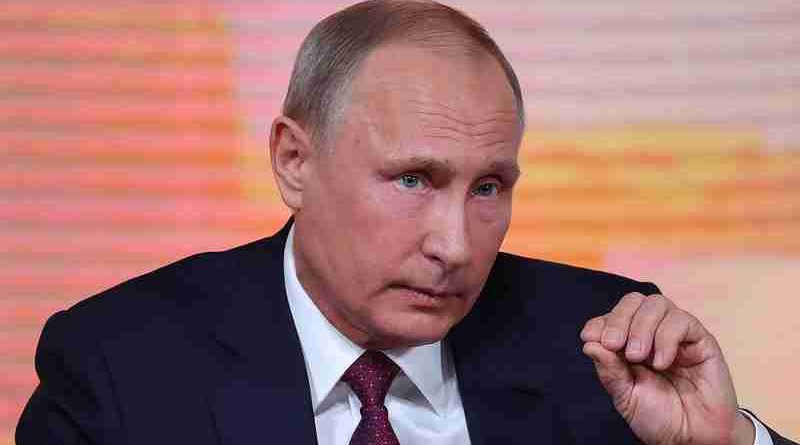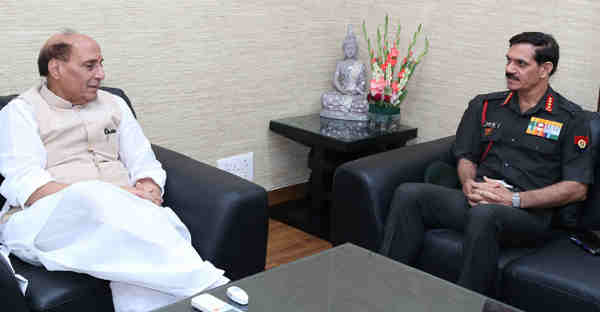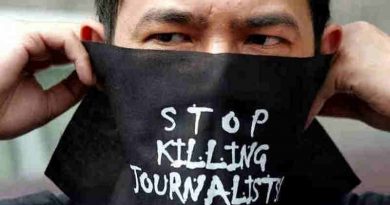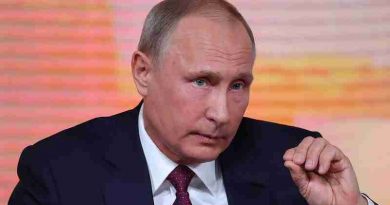UN Expert Warns of Human Rights Violations in Russia

UN bodies have called on Russia repeatedly to repeal or revise the law to bring it in line with international standards.
A UN expert has warned that the imminent dissolution of two prominent human rights organizations in Russia could signal a move by the authorities to outlaw the work of all human rights defenders.
International Memorial and Human Rights Center ‘Memorial’ (known as the Memorials) are among the oldest and most esteemed human rights organizations in Russia, said Mary Lawlor, UN Special Rapporteur on the situation of human rights defenders. “This would be a new low for human rights defenders in Russia – and there have already been many lows in recent years,” she said.
The two organizations recently received notices giving them less than two weeks to prepare for court hearings on 25 and 23 November. They were told that prosecutors had begun liquidation proceedings against them for multiple breaches of the Foreign Agents Law.
The Human Rights Center “Memorial” was additionally accused of justifying extremism and terrorism – for defending the rights of people they recognised as political prisoners in line with Resolution 1900 (2012) of the Parliamentary Assembly of the Council of Europe. Memorials’ cases are currently being considered by the Supreme Court of Russia and the Moscow City Court; and the presence of the public and journalists in the latter is not allowed due to the pandemic.
The preliminary hearings regarding the liquidation of International Memorial and Human Rights Center ‘Memorial’ were supposed to continue on 14 and 16 December 2021 respectively.
UN bodies have called on Russia repeatedly to repeal or revise the law to bring it in line with international standards. It requires organizations that receive foreign funding to, among other restrictions, label all materials as “produced by a foreign agent”. Memorials are accused of not taking such measures on several webpages, social media posts and books.
Lawlor said that the potential dissolution of the Memorials is of symbolic significance. Founded in the final years of the Soviet Union, the NGOs have grown to be among the most respected human rights organizations in Russia, documenting widespread political repression during the Soviet era, and more recently, on human rights violations in modern Russia.
“Just as its creation marked the beginning of openness in Russia, its closure might signal an end to this period,” said Lawlor. “Their criticism of historical and contemporary human rights abuses has for many years made them the target of a Government that is ever diminishing the space for public debate.”
She said that the future for all NGOs in Russia has now been plunged into uncertainty. “Many human rights defenders told my mandate that the Foreign Agents Law has been designed to be vague and impose onerous requirements on human rights organizations; eventual dissolution was probably always the goal,” said Lawlor.
In a statement issued on December 14, Lawlor urged authorities to recognise how disproportionate and unlawful the action they are taking is and to allow the organizations to continue their important work. Human rights defenders must be allowed to carry out their work in open and just societies with full respect for rights of freedom of expression and association. Lawlor is in contact with the Russian authorities on this issue.
Mary Lawlor’s call was endorsed by: Mr. Diego García-Sayán, Special Rapporteur on the Independence of Judges and Lawyers; Professor Obiora C. Okafor, Independent Expert on human rights and international solidarity; Ms. Alexandra Xanthaki, Special Rapporteur in the field of cultural rights; and Mr. Clément Nyaletsossi Voule, Special Rapporteur on the rights to freedom of peaceful assembly and of association.
Ms. Mary Lawlor is the Special Rapporteur on the situation of human rights defenders. Ms. Lawlor is currently Associate Professor of Business and Human Rights at the Centre for Social Innovation (CSI) at Trinity College Dublin Business School.






